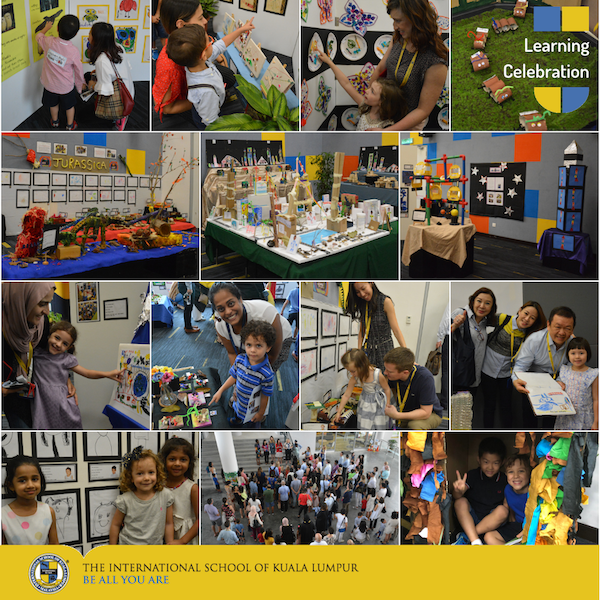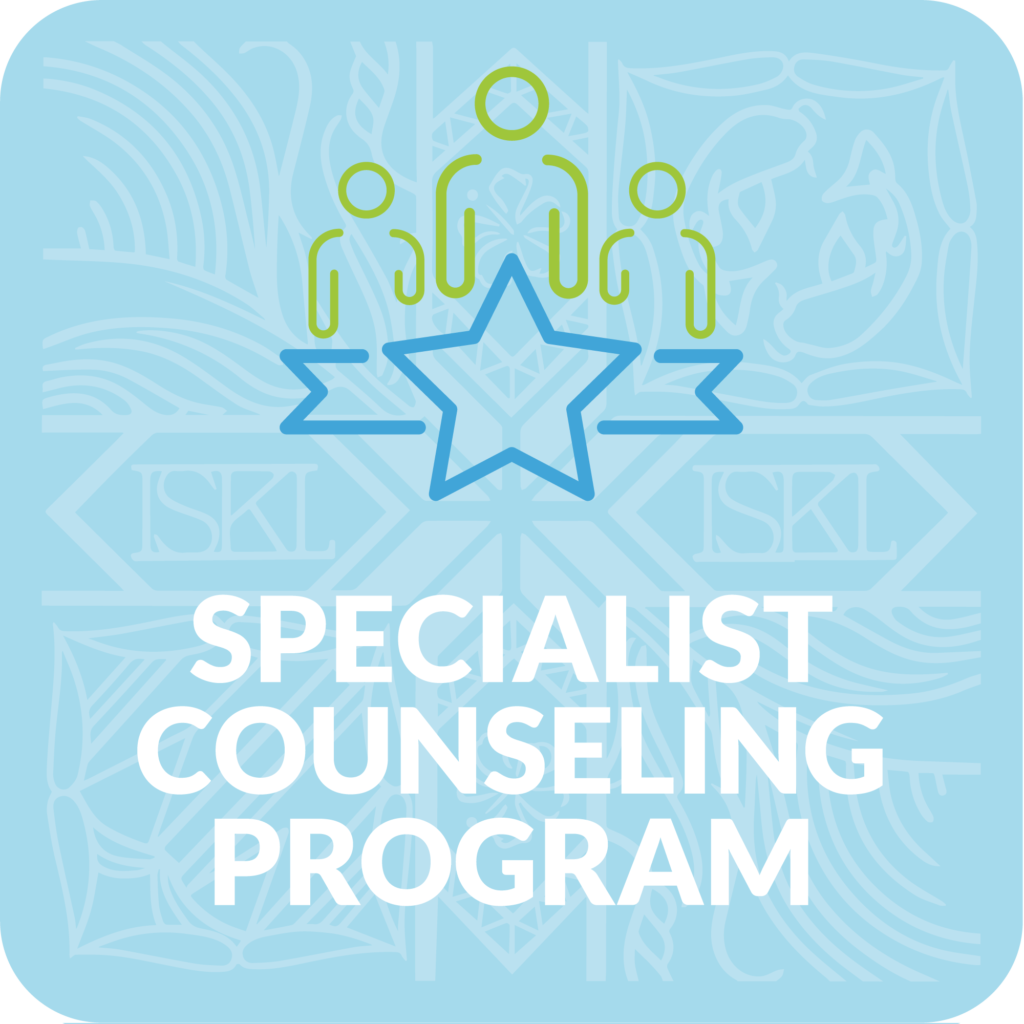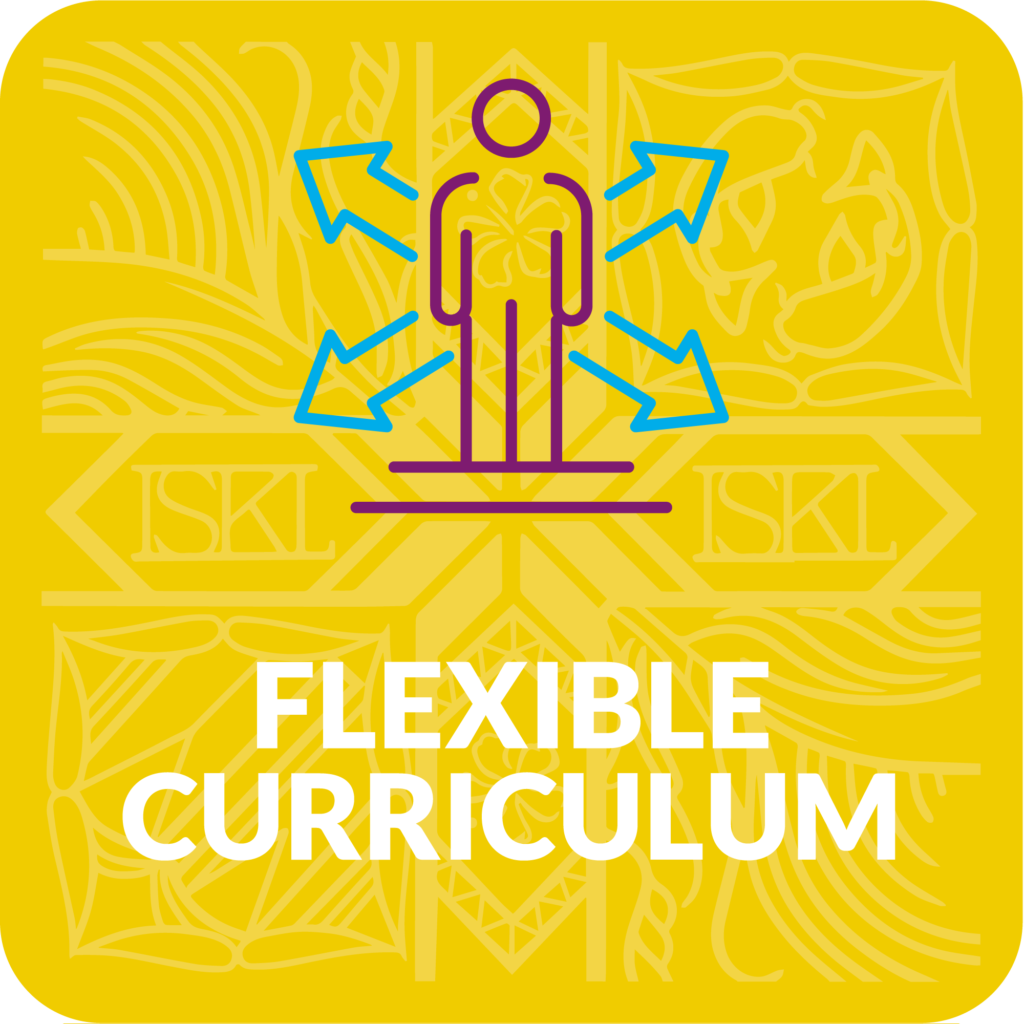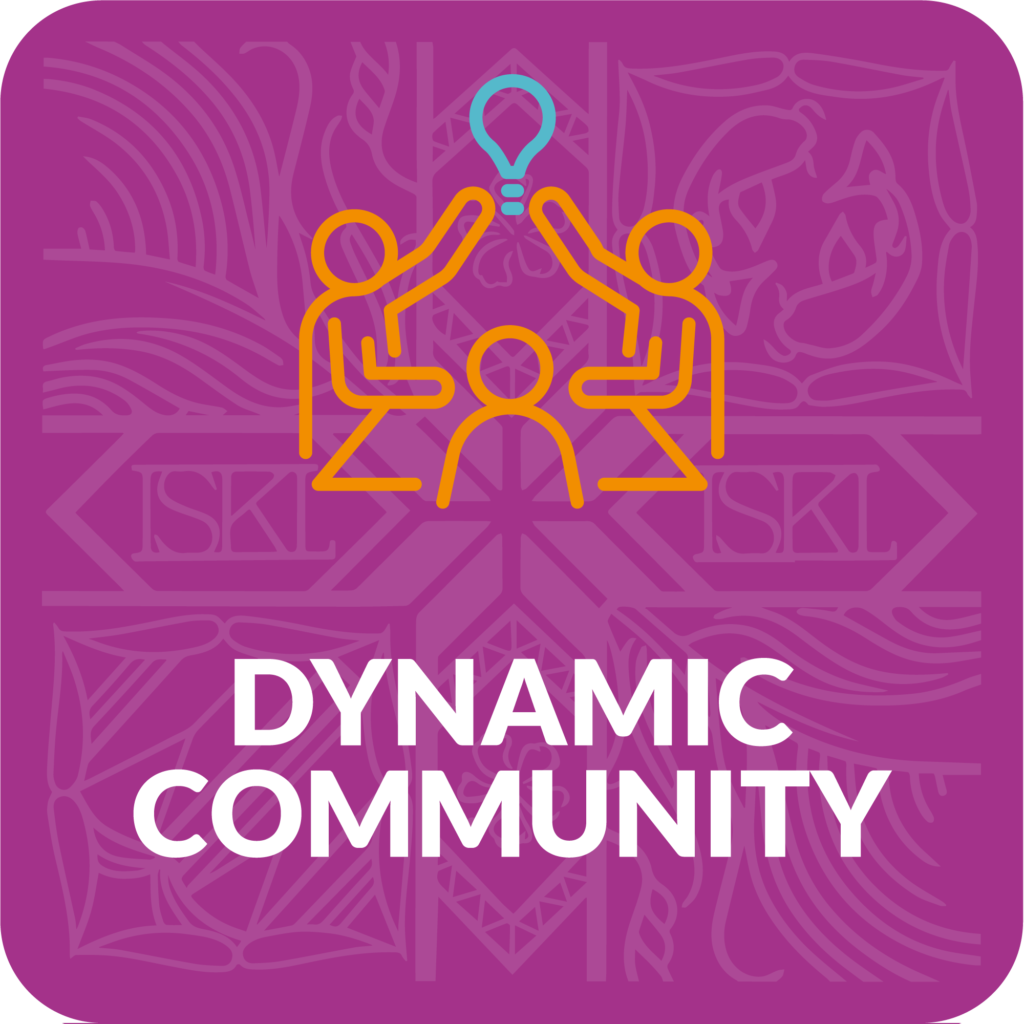
There is plenty of research supporting the premise that the learning and development which takes place during early childhood lays an important foundation for developing young learners’ attitudes, skills, knowledge, and understanding. The learning experiences that children engage in at school during their early years can influence the development of executive functioning skills which in turn can have a lifelong impact. This is why the Early Childhood program at The International School of Kuala Lumpur (ISKL) has been intentionally designed to ignite a love of learning in their youngest students who are starting their educational journey in Prep Reception (ages 3 to 4) and Prep Junior (ages 4 to 5).
“ISKL’s Early Childhood program encourages learning through inquiry-based activities that are driven by a students’ interests with support from their teachers”, states Ms. Carolyn Curtis, Prep Junior teacher. In addition, Ms. Rhonda Griffin (Prep Reception) states, “ISKL uses play-based inquiry in Early Childhood onwards to give our students more voice and choice in how they learn which in turn supports the development of their critical thinking and problem-solving skills that will play an essential role as students transition through school”.
This quarter, ISKL’s Early Childhood’s Learning Celebration focused on three child-led interests, that were observed by the teachers throughout the school year: Dinosaurs, Insects, and Buildings. The process included students participating in large group “provocations” (intentional experiences) to help them decide for themselves which area of inquiry to pursue.
Ms. Jasmine Teh (Prep Reception) and Ms. Hannah Staley (Prep Junior) explain how the projects work, “The first large group provocation was a documentary on dinosaurs, after which the children were immersed in all things dinosaur for three days. Activities included imaginative play with toy dinosaurs, a ‘fossil’ dig, reading non-fiction books about dinosaurs and dinosaur-inspired literacy and numeracy games. Insects were studied next, again with the viewing of a documentary followed by three days of learning about insects”. Ms. Griffin continues, “Since insects live outside, it would be best to go outside to learn more about them”. Students then created a collaborative insect mural and, in groups, built insects and labeled their parts. Lastly, students participated in a builders makerspace with five stations to cycle through: loose parts, Lego, recycled materials, plastic pipe connectors and wood. While there, the children had the opportunity to be inventive and creative while learning to negotiate and collaborate, and developing personal, emotional and social skills. The makerspace was buzzing with excitement, energy and creativity”.
Following the three provocations, students were grouped according to the subject they were most interested in. From there, the groups met twice weekly to continue to work on their ‘wonderings’ through a number of inquiry-based provocations. Students went on field trips to further spark their curiosity and stimulate their learning.
Mrs. Curtis explains the educational philosophy behind the approach, “Teachers are guided not only by the students’ ideas, but also by learning objectives that are integrated into the activities: classification, measurement, vocabulary, and use of language to express meaning. Each week our team of teachers reflects and build on the learning process. In addition to having fun, our students are constantly being stimulated, encouraged to explore learning and adding to their bank of knowledge. Teaching assistants support throughout the learning journey guiding students with rich language experiences and help students engage in this hands-on learning process”.



 As the academic year draws to an end, the learning journey of each child is now being shared with parents in a formal “learning celebration”. Ms. Teh says, “It is extremely rewarding to see our students’ work on display in the classroom and listen to students talking about their learning. Our team of Early Childhood teachers are truly amazed by the level of engagement, depth of student knowledge and interest that has been created by the program”. This process of intentional learning and student agency embodies ISKL’s educational belief that learning is a lifelong transformational journey. Starting this journey at a young age enables ISKL students to develop and practice critical skills that will last them a lifetime.
As the academic year draws to an end, the learning journey of each child is now being shared with parents in a formal “learning celebration”. Ms. Teh says, “It is extremely rewarding to see our students’ work on display in the classroom and listen to students talking about their learning. Our team of Early Childhood teachers are truly amazed by the level of engagement, depth of student knowledge and interest that has been created by the program”. This process of intentional learning and student agency embodies ISKL’s educational belief that learning is a lifelong transformational journey. Starting this journey at a young age enables ISKL students to develop and practice critical skills that will last them a lifetime.
About ISKL’s Early Childhood team:
- Carolyn Curtis has been a teacher at ISKL since 1994 and holds a Bachelor in Primary Education.
- Rhonda Griffin has been with ISKL since 2017 and has a Masters in Early Childhood Education.
- Jasmine Teh has worked at ISKL since 2017 and holds a Bachelor in Early Childhood Education and Psychology.
- Hannah Staley has worked at ISKL since 2018 and holds a Postgraduate Certificate Education (PGCE) and a BSc in Marketing and Management.
- Yvonne Ng has been with ISKL since 2018 and holds a Bachelor’s Degree in Early Childhood Education and a Master’s Degree in Education TESOL/Applied Linguistics.

